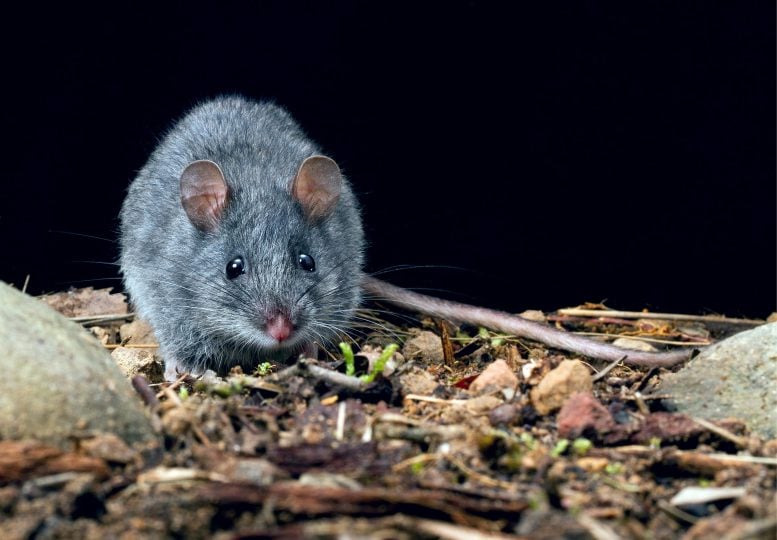Tesla is one of the best-selling electric cars today, even if it’s quite expensive. Now a unique story came up and it was shared that one owner of the electric car had to spend thousands of dollars more as her unit was damaged by rodents.
Yes, her Tesla car wasn’t involved in an accident that could have caused great damage, instead she said that her vehicle’s internal wiring was eaten by rats! She tried to seek Tesla’s help by paying the cost of the damage, but Elon Musk’s company declined her request.
Rats on Tesla cars
According to The New York Post, Tesla’s electric cars are being attacked by rodents and nibbling on their cables. Despite the fact that customers spent thousands of dollars buying their expensive cars, Tesla said it couldn’t cover the damage due to rodent issues.
It was reported that Sarah Williams, a 41-year-old doctor from Manhattan, used her 2018 Tesla Model 3 car to get to work in the Bronx. But one day the air conditioning in her vehicle suddenly stopped working.
She took her car to a dealer in the New Jersey area, and to her and the mechanics’ surprise, they found the cause of the car’s air conditioning malfunction. There were rodents in the interior of the Tesla car. Apparently, the pest made its way to the vehicle and began to gobble up some of the internal cable wires.
“You opened the glove box and a rodent fell out,” said Williams. “It’s crazy.”
Possible cause of damage
It was later found that the wires were insulated with soy instead of the usual oil. Some critics claimed that this coating attracted the rats to the car.
In any case, Sarah Williams complained that she paid $ 59,200 for her Tesla, but the company had no interest in helping her. She spent more than $ 5,000 on repairs, which take weeks, but despite these issues, Tesla still won’t provide any help.
“Most automakers use soybean vs. oil in their wire insulation for newer vehicles because it’s cheaper and greener,” said Jose Solis, Tesla service advisor, Williams via email. “The use of this material would not be considered a ‘defect’ in design or use as there are too many factors beyond Tesla’s control that we cannot guarantee or repair them.”
It turned out that not only is Tesla the automaker that uses soy, but Honda is too. However, the Japanese auto company also received the same complaint about a rat damaging the car.
The Chicago Sun-Times reported in June that a man filed a lawsuit against Honda for failing to pay the cost of the damage when a rat gnawed off the wiring in his car. The lawsuit came when Honda refused to help, saying the damage was “an act of nature”.






